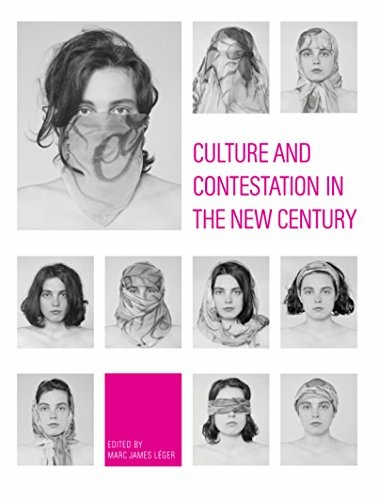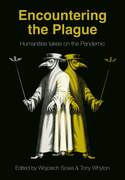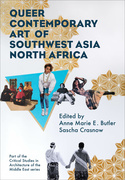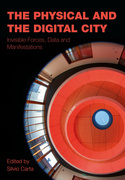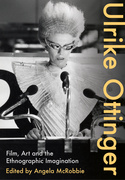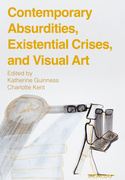Culture and Contestation in the New Century (Book)
This book of essays examines the conditions of cultural production in the first decade of the twenty-first century. With an emphasis on how current neoliberal policies have affected institutions of cultural production and dissemination, it highlights ensuing changes to critical theory and poses questions about cultural democracy and social change.
Edition
Cultural production as we know it has been undergoing significant restructuring. In an effort to compensate for the global decline in economic growth, governments and corporations have begun to seriously consider the creative fields as markets that can be stimulated through venture capital and regional development initiatives. Along with the neoliberalization of cultural institutions, a conservative agenda that is buttressed by a war economy confronts critics and activists with the repressive forms of state censorship and police control.
From art collectives to the US-led war on terror, from cultural contestation to neoliberal governmentality and from alter-global anti-capitalism to the creative industries, this collection of essays examines the issues and politics that have marked cultural production in the first decade of the twenty-first century. In the context of a proliferation of socially engaged art practices and the interventions of autonomous art collectives, Culture and Contestation in the New Century presents the viewpoints of leading international artists and intellectuals working in the fields of critical and cultural theory. After the impasse of a postmodern post-politics ‘beyond left and right’, what are the possibilities for a radical politicization of cultural discourse? How has oppositionality shifted away from identity and difference, as well as social constructionism, to consider the universal determinations of contemporary neoliberal capitalism? These essays present a number of untimely reflections on the conditions of contemporary cultural practice, subjectivity and political dissidence, making new connections between cultural production, politics, economics and social theory. Simply stated, the book provides an account of the current interface between art and politics.
Marc James Léger is a writer, artist and educator living in Montreal. He has published numerous essays on cultural theory in such journals as Afterimage, Art Journal, C Magazine, Etc, Journal of Aesthetics and Protest and Third Text. He is editor of the collected writings of Bruce Barber, Performance, [Performance] and Performers (YYZBOOKS, 2007).
PART III: Neoliberal Governmentality and Cultural Resistance
PART IV: Subjectivity in the Age of Post-Politics


